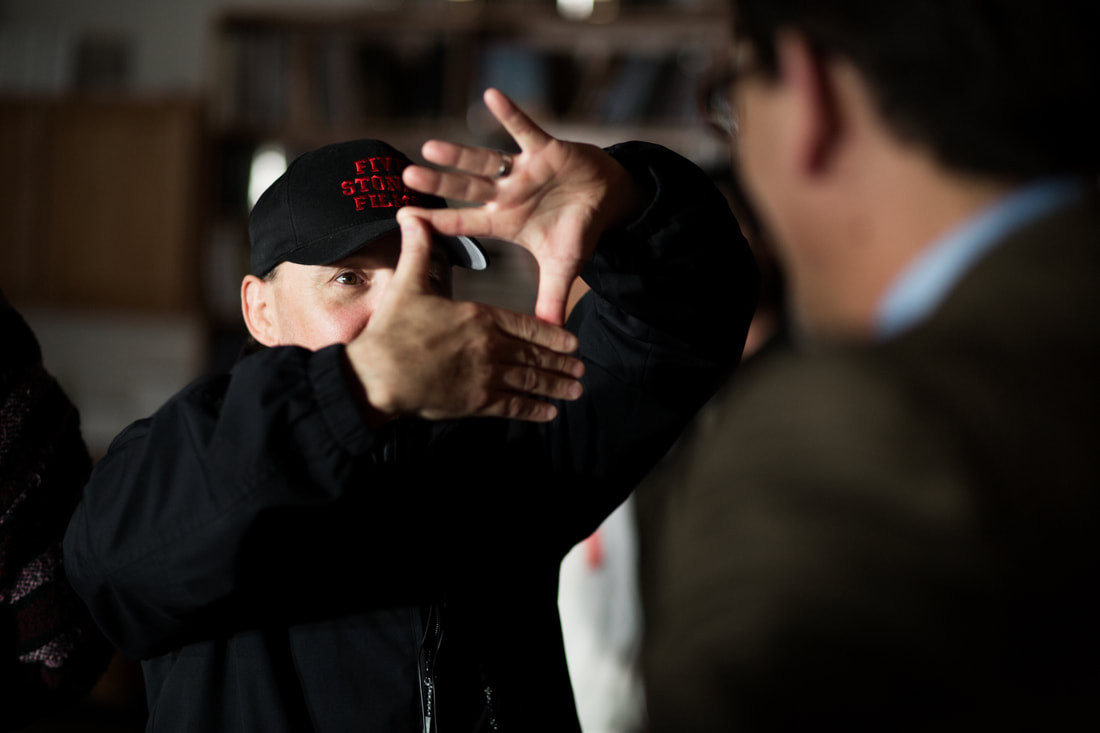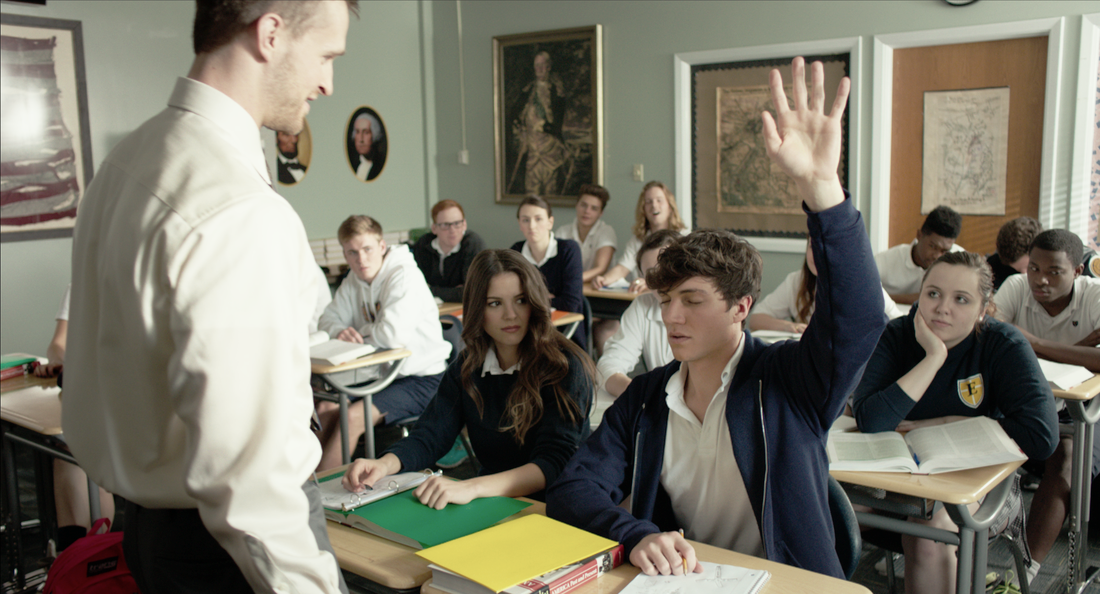 Over the Christmas break, I surprised my youngest son Brolin by taking him to see the classic movie “It’s A Wonderful Life” on the big screen. The movie is about a man named George Bailey who plans to take his life so he can leave his family a life-insurance payout. The movie resonates because of its strong themes of family and faith, and the impact that just one man can have on his whole community. As we left the theater, I was taken with how well the film played on the big screen. My son loved it and wanted to talk as we drove home. Watching on the big screen, I saw something I’d never seen before. At one point, George is granted a glimpse of what his home town would be like if he had never been born. The town was no longer called Bedford Falls but Potterville, named after the ruthless businessman who gained control of most of the town. In the past, I had thought the film’s main message was George Bailey’s passion to fight the evils of capitalism, as he worked to provide the ordinary working person the dignity of owning their own home. While driving home, another theme occurred to me. Without George’s selfless passion and hard work, the entire community would have been consumed by a Darwinian attitude of survival of the fittest, creating a place where people no longer took care of each other or even knew each other, a place of faceless strangers, desperate and violent. This film reminded me why so many of our cities have become impoverished, not only financially, but also morally and spiritually. When we stop caring for one another, when we no longer see each other as valuable, the value we place on our own lives also diminishes. The tragic outcome for North America is that, sadly, suicide has become the second leading cause of death among teens. As we pulled into our garage, Brolin took the message a step further. He noted how George Bailey and his wife Mary had practiced courtship and chastity and cherished their four kids. Although a life crisis had brought George Bailey to a desperate place, a place where he considered suicide, and although family pressures could have caused Mary to consider the need for an abortion, abortion and suicide never became real options. Their reverence for life and the strong support of their community carried them through, even when things got tough. I’m so glad we saw “It’s A Wonderful Life” on the big screen. It’s no wonder that this life parable continues to touch lives 70 years after its first release. As Writer and Director of “Because of Grácia”, I can only imagine the joy of seeing families embrace its themes 70 years from now, being inspired to live out their faith in a world that desperately needs people like George and Mary Bailey, like Grácia and Chase. director tom
1 Comment
This first time I watched 'Because Of Grácia' was opening weekend back in September 2017. I had found out about the film because I follow actor Chris Massoglia on social media and he had been promoting it for several months leading up to the film's release. I started reading up on the film and it immediately sparked my interest. I was particularly drawn to the topics that they were going to cover because they were not topics typically handled in film, at least not to the same caliber. As soon as tickets for the film became available, I pre-ordered one for my birthday, which was the same time as the film's opening weekend. I did not have anyone to go with, but I was more than happy to go to the film anyway. In fact, sometimes I prefer seeing films for the first time by myself. I did not have anything planned for my actual birthday, so, I celebrated my birthday by going to see 'Because Of Grácia'! When I arrived at the theater, I was approached by a member from the Lehigh Valley Students For Life who was there promoting the film. That was when I realized that 'Because Of Gracia' was more than just a film, it was an opportunity for people to speak up about an important topic, pro-life vs. pro-choice.
I was truly amazed and impressed with every aspect of the film -- cinematography, casting, character development, plot, etc. -- it was all incredibly well done. (My full review of the film can be found on the 'Because Of Grácia' Facebook page). However, perhaps the best part of the film for me was the fact that it caused me to think, specifically it caused me to think about my stance on the issue of pro-life vs. pro-choice. Before seeing the film, I was not sure where I stood. Part of me never agreed with the idea of abortion, however, everywhere I turned I saw people promoting it. I was surrounded by friends and family who were openly pro-choice and, because I have never been one to really speak up, I never challenged them. So when I saw a film that actually promoted life, it was refreshing. Seeing the characters stand up for what they believed in, even through times of hardship, was encouraging. Watching Grácia Davis, the new girl at school, stand up to her peers and teachers to speak up about her beliefs was eye-opening and empowering. Watching Chase Morgan recite a monologue in front of his class about his personal journey with Jesus was moving and inspiring. And watching Bobbi Ryan make a last-minute, life-altering decision right outside of the abortion clinic not to follow through with an abortion was emotional and powerful. These characters began to give me courage, courage to not be ashamed of my beliefs and to share them with others. It has now been over a year since the first time I watched 'Because Of Grácia', and admittedly I am still struggling to find my voice at times. However, it is easier for me to speak up now than it ever was before. And I owe that to this film. So, in conclusion, had it not been for 'Because Of Grácia', I never would have realized how much I believe in being pro-life. I never would have had the courage to challenge the beliefs of those around me and be confident in doing so. This film changed my life, which is something I will be forever grateful for. - Ashley |
(c) 2022 SERV OTHERS, LLC. All Rights Reserved.


 RSS Feed
RSS Feed